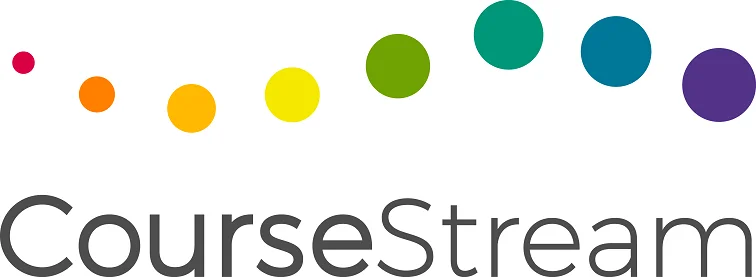Why Study this Bioenergetics Course?
Do you want to deepen your knowledge in human biology? Do you want to understand how cells transform energy? Then search no more, this online bioenergetics course may just be the one you are looking for.
This course will give you all the fundamental knowledge needed for you to understand bioenergetics, such as the function of nerves, the anatomy of bones and how they form, how muscles move and the movement they cause, how the muscular body functions and how it develops, and much more.
Bionergetics Home Study Course – Online and Correspondence Courses
Study Human Biology by Distance Learning
- learn about the internal environment of the human body
- have considerations into energy use within the human body
- essential knowledge for health science students
- study biochemistry in context
- essential for the fitness trainer, health science and health care professionals, nutritionists
Prerequisites: A basic understanding of body systems (i.e. Human Biology IA).
Course Outline:
1. How Nerves Work
- Structure of the nervous system
- Neuron function
- Anatomy of neurons
- How muscles work with nerves
- Basic body functions
2. Nerves and Motor Skills
- Overview
- Synapses
- Neurotransmitters
- Neural circuits
- Science of motor skills
- How motor skills develop
- Physiology of the central nervous system
- Homeostatic reflex arc
- Spinal chord and spinal nerves
- Central sensorimotor programs
3. Skeletal Muscle
- The skeleton
- How bones form
- Anatomy of bone
- Fractures and fracture healing
- Types of bones
- Bone joints
- Skeletal muscles
- Smooth muscle
- Striated voluntary muscle
- Cardiac muscle
- Relationship between muscle and skeleton
4. Muscle Organisation
- Parts of the muscular system: tendons, deep fascia, epimysium etc
- Types of muscle fibre
- Muscle types: striated, smooth, cardiac
- Skeletal muscle types: slow oxidative, fast glycolic, etc
- What muscle cause what movement
5. Muscular Movement
- How do muscles move
- How skeletal muscles produce movement
- How levers are used to produce muscular movement
- Group actions
- Terminology
- Muscle groups and movements
6. Muscular Development
- Muscular body function
- Energy systems
- Muscular strength
- Muscular endurance
7. Muscle Flexibility
- Introduction
- Flexibility
- Excitation contraction of muscle
- Different levels of flexibility
- Internal flexibility
- External flexibility
8. Muscles and Posture
- Posture
- Gravity support
- Net movement
- Benefits of posture
- Good posture
- Postural mechanisms
- Slow and fast twitch muscles
- Nervous system feedback
- Posture improvement
- Ergonomics
Enrol Now
- Experienced Tutor support
- Certificate sent to you
- Online study (Printed notes available)
- Self paced - no set timetable
- 12 months to complete course
From: $25.00 / week for 26 weeks
Get a Free Info Pack!











